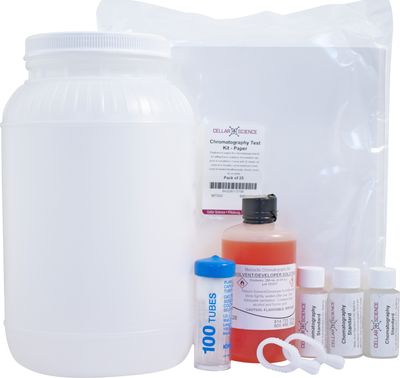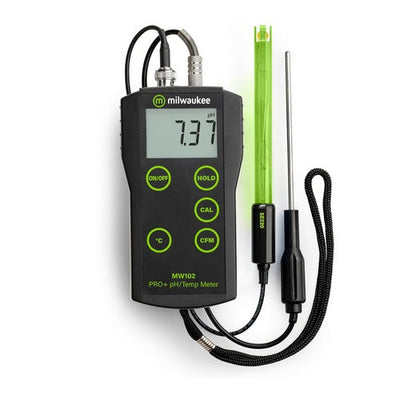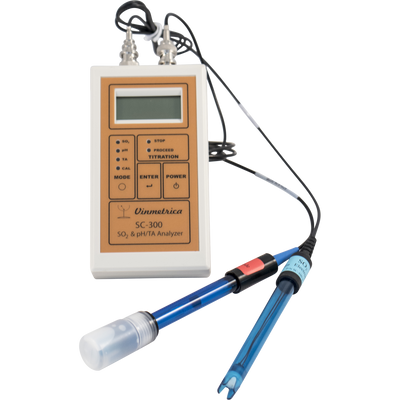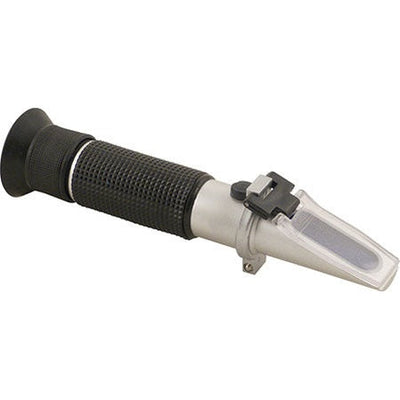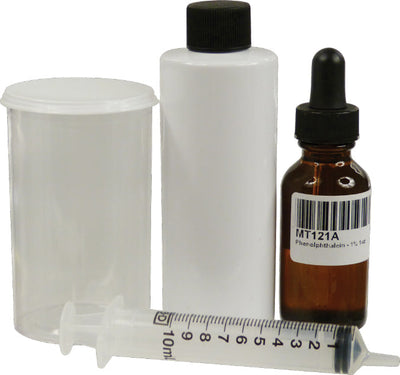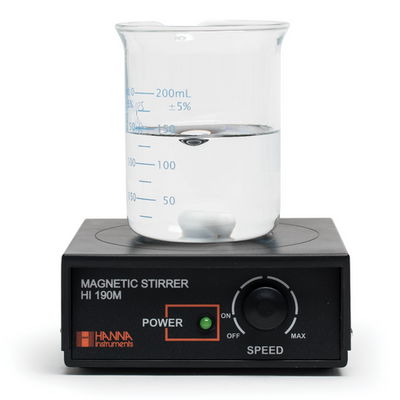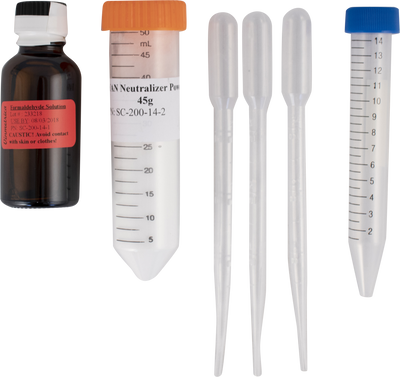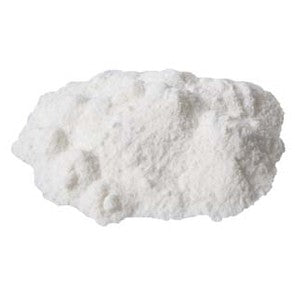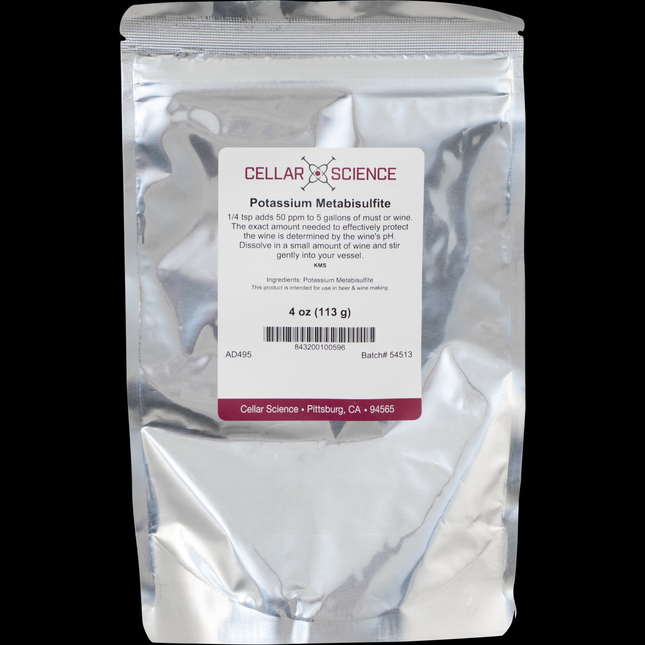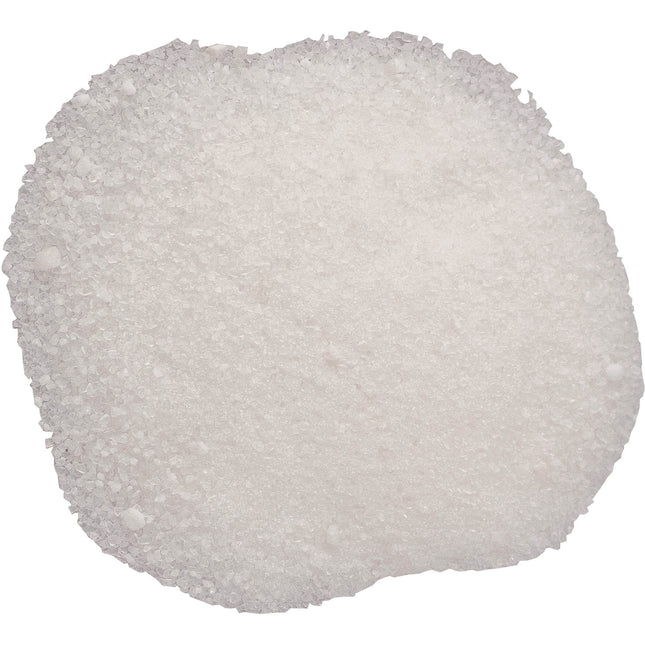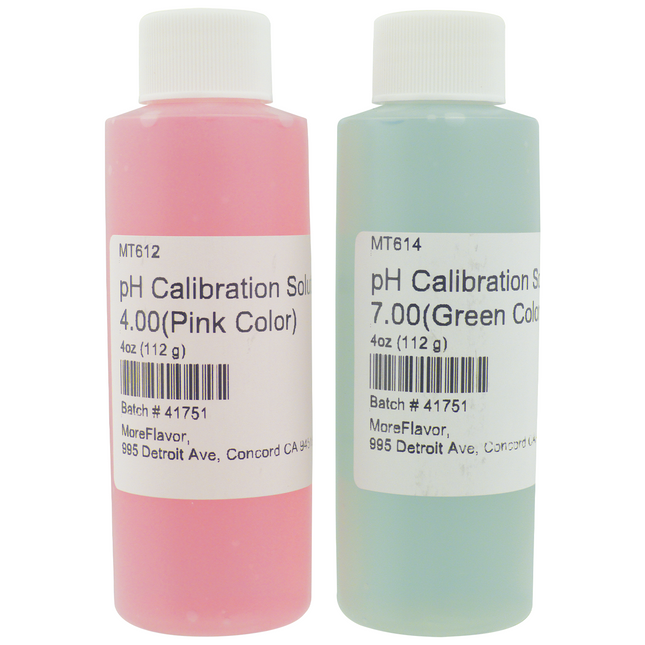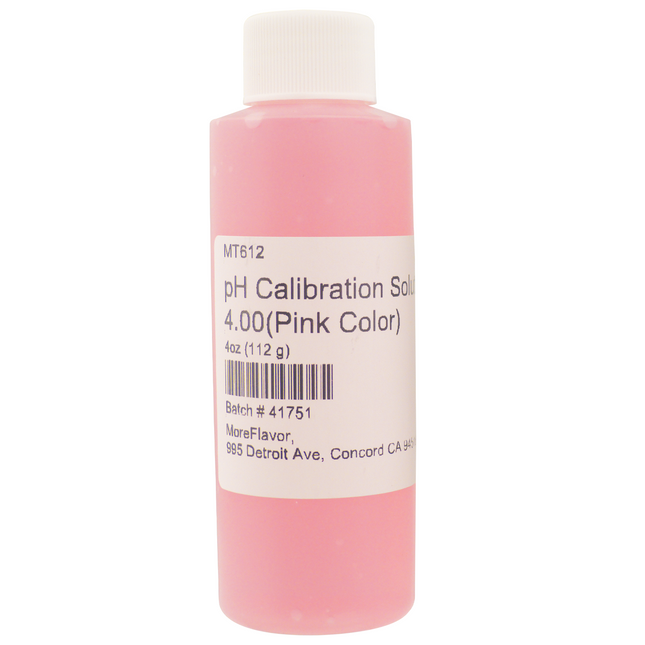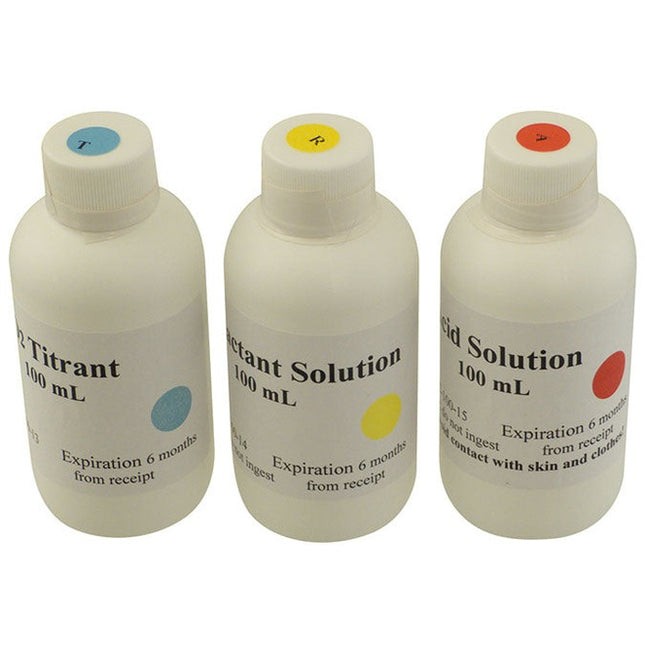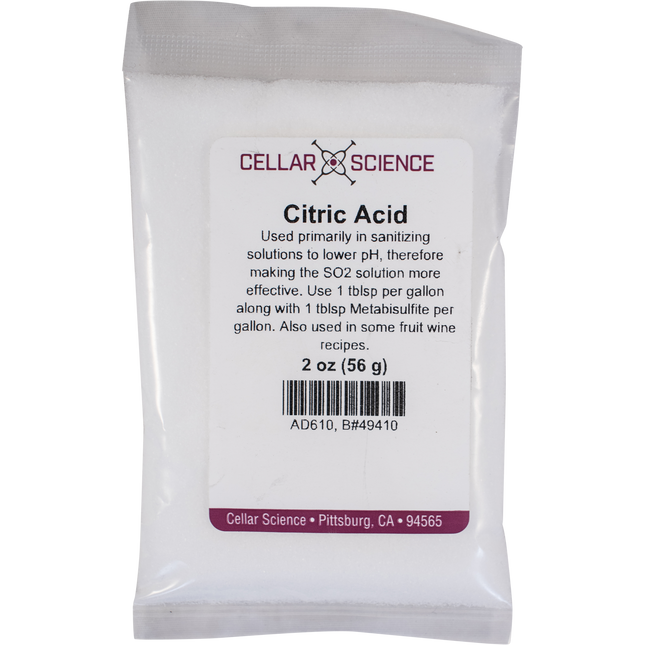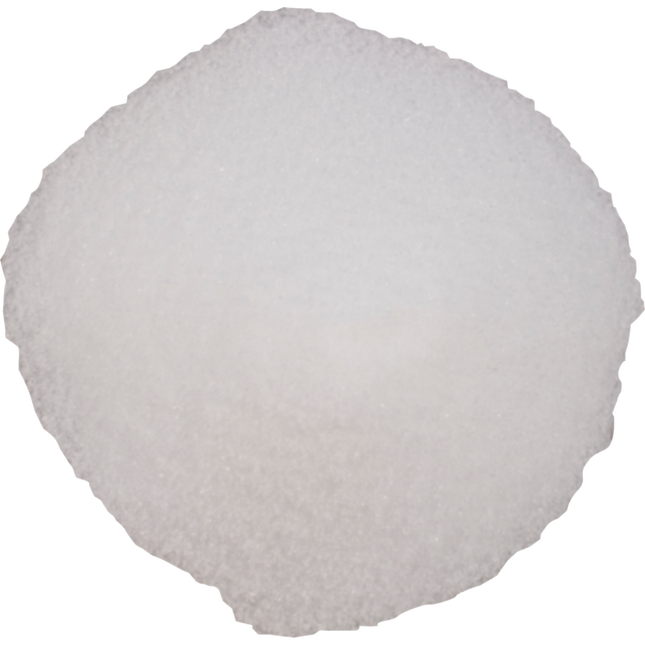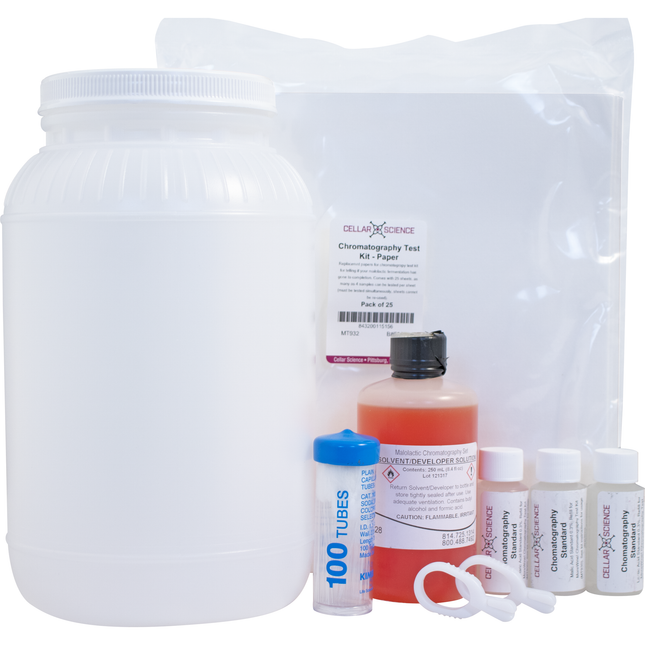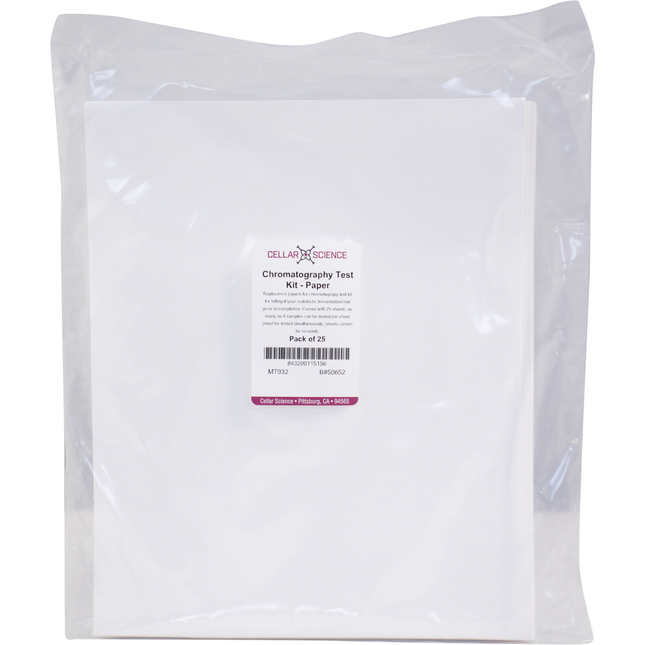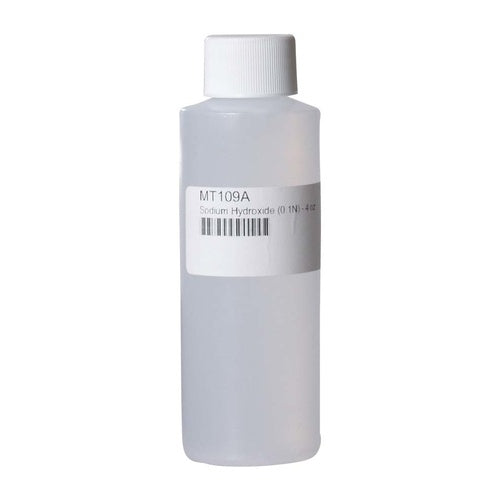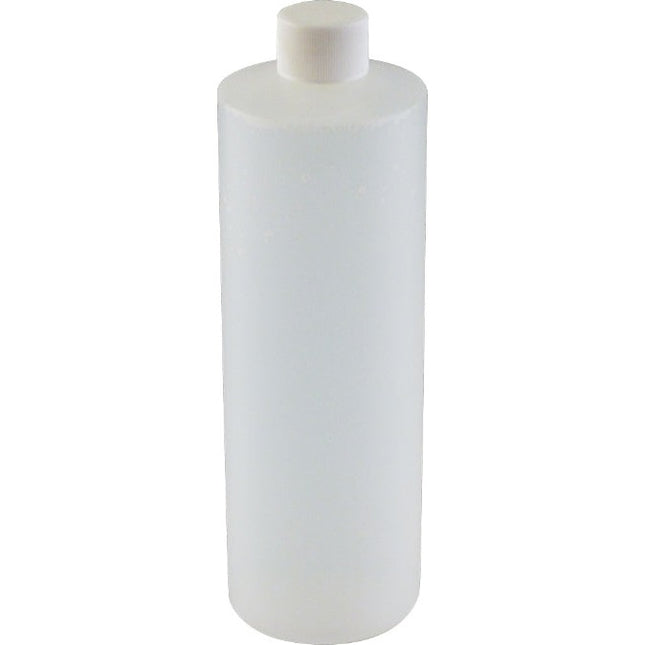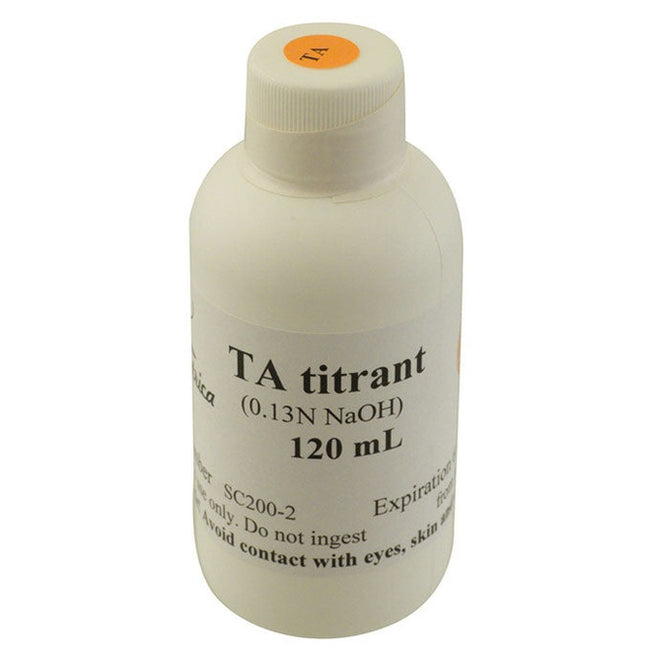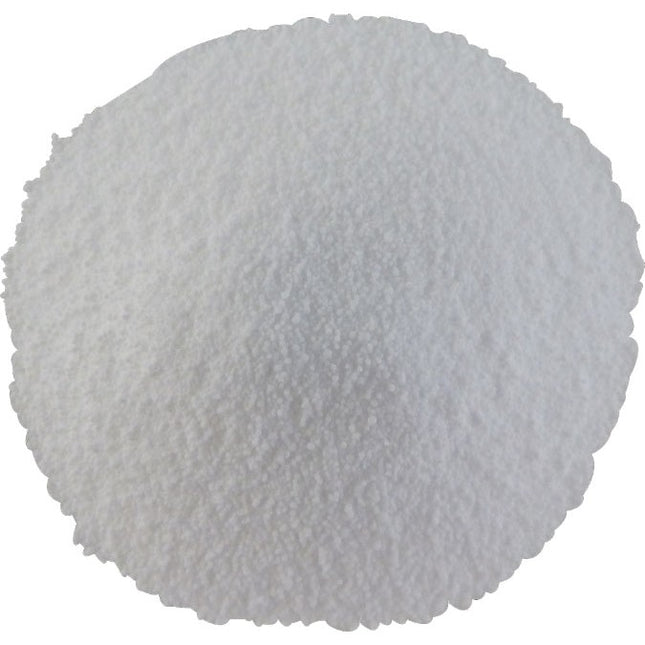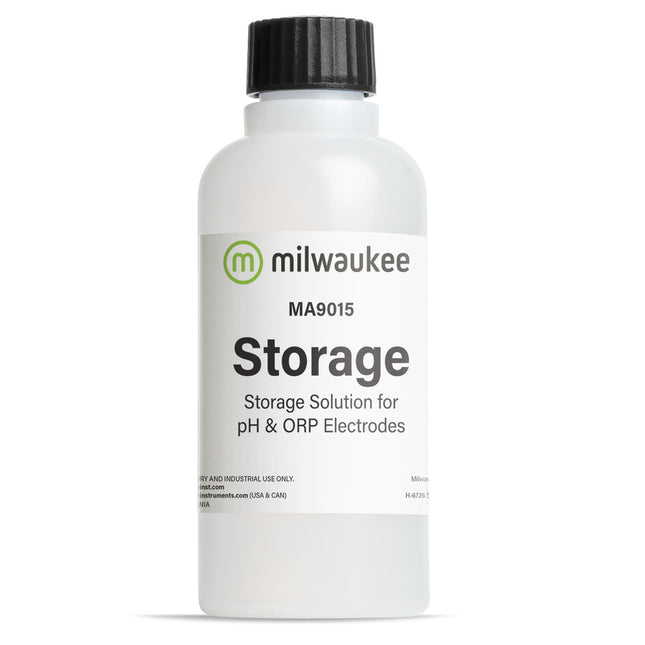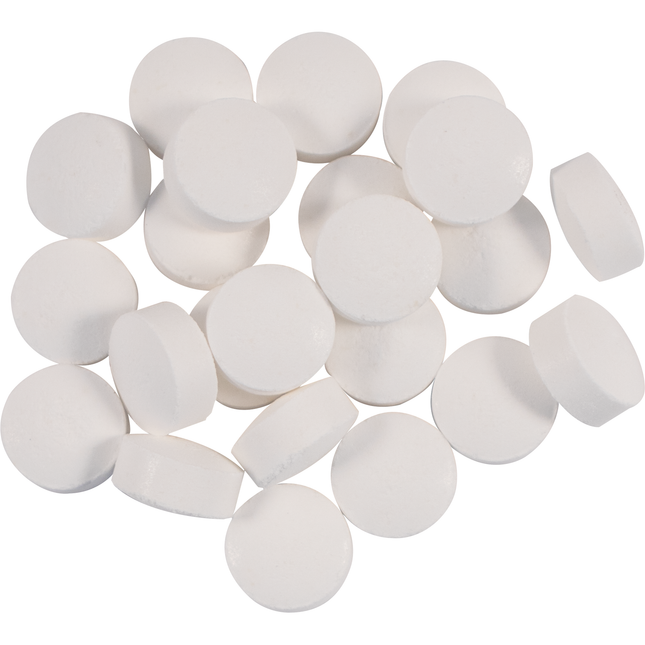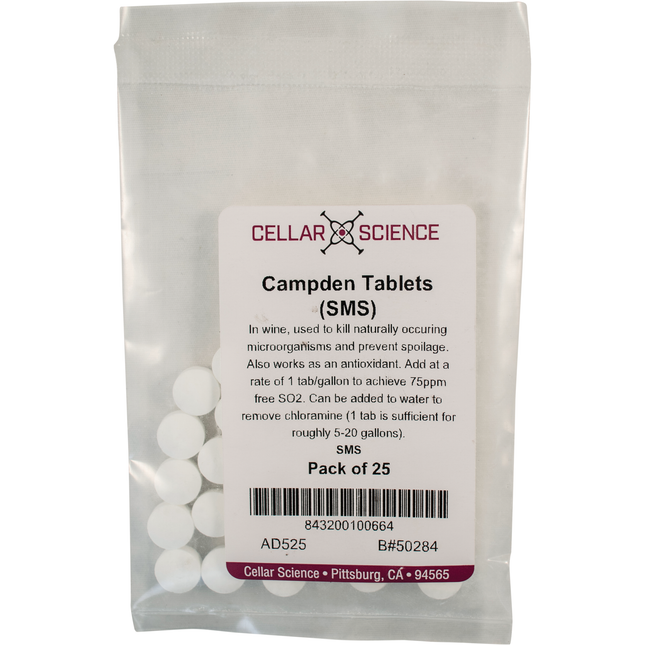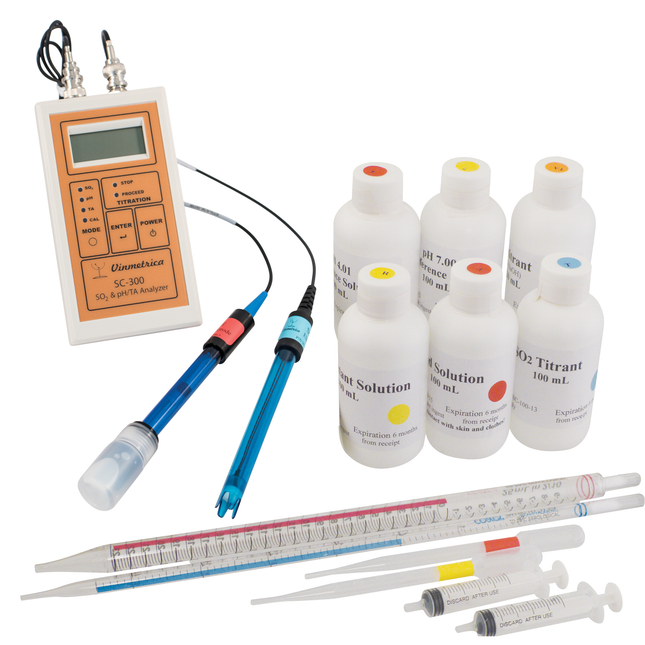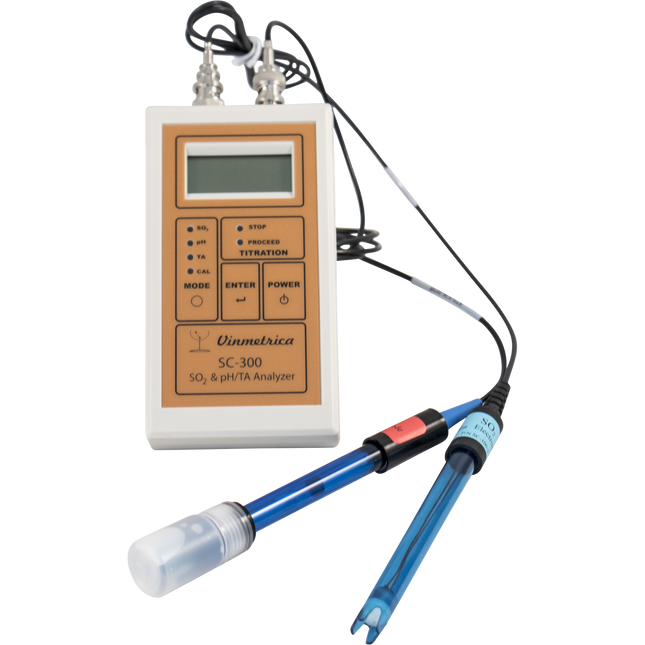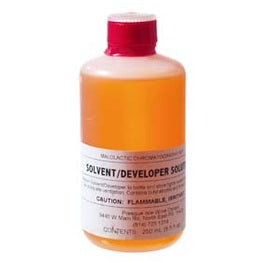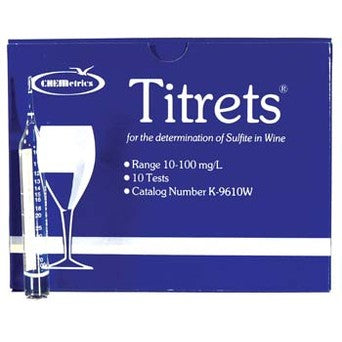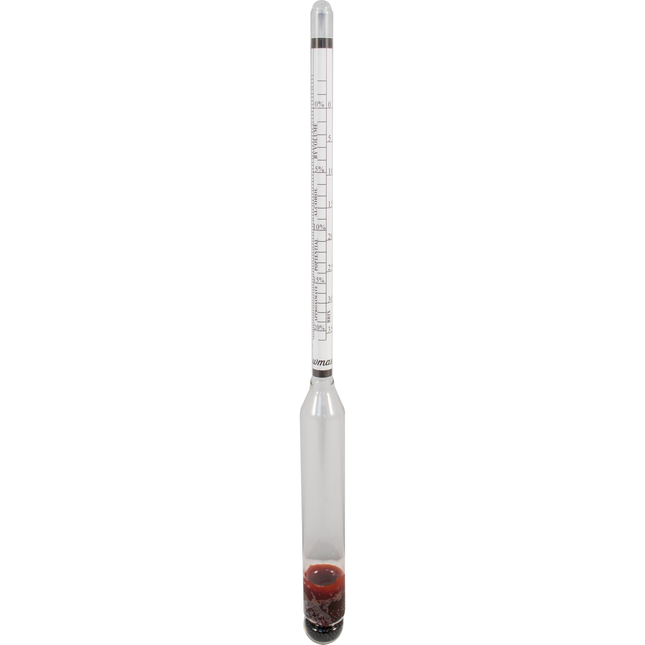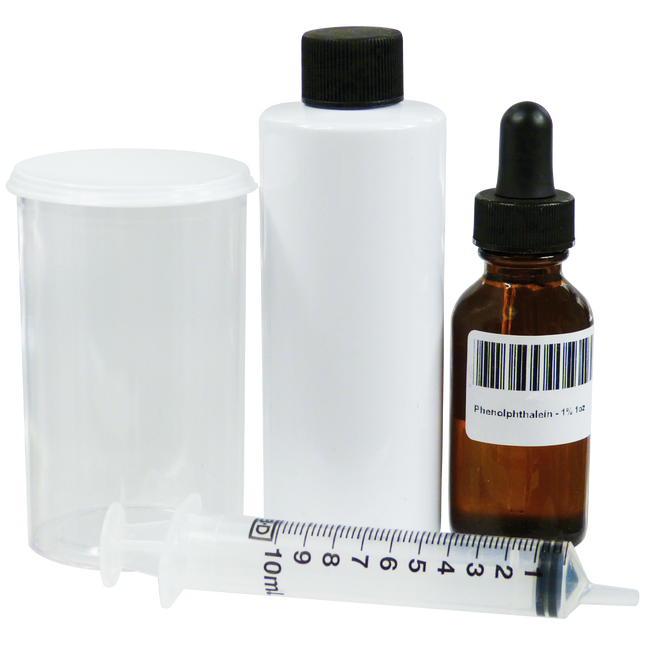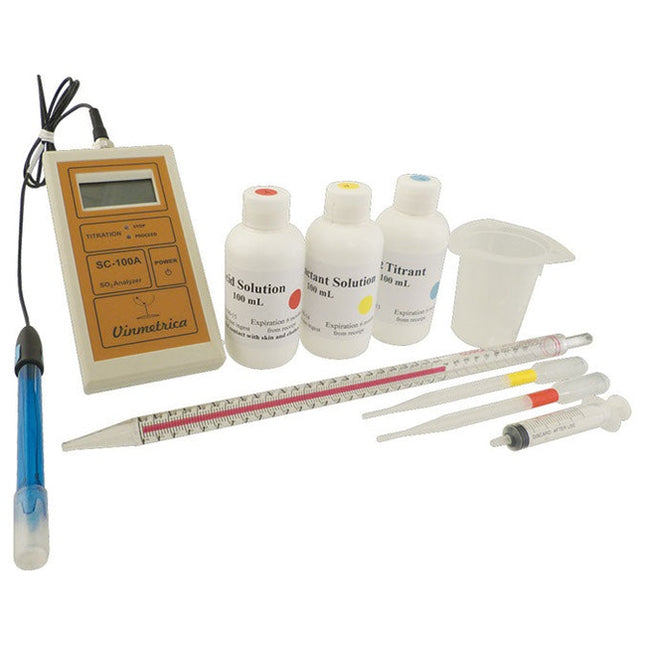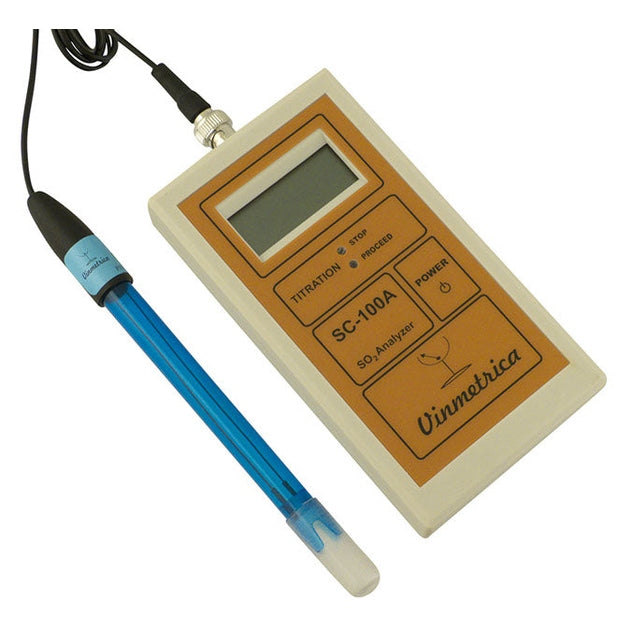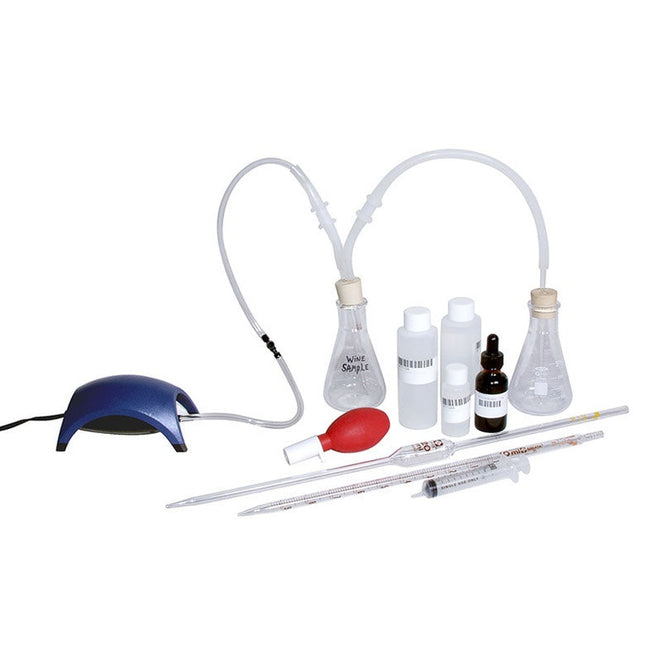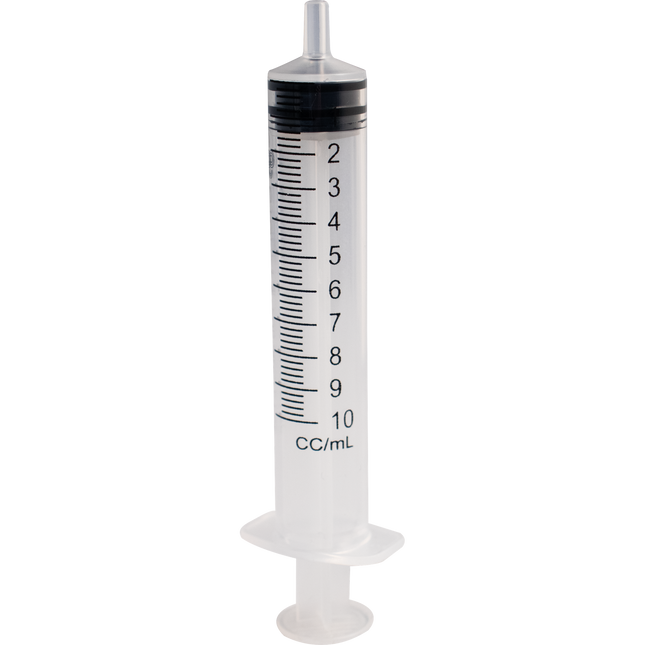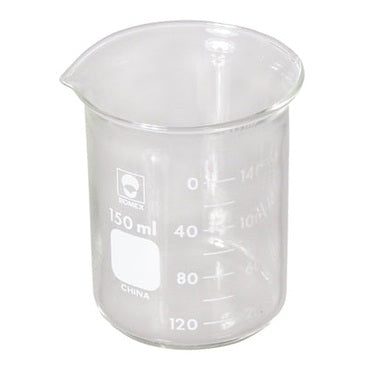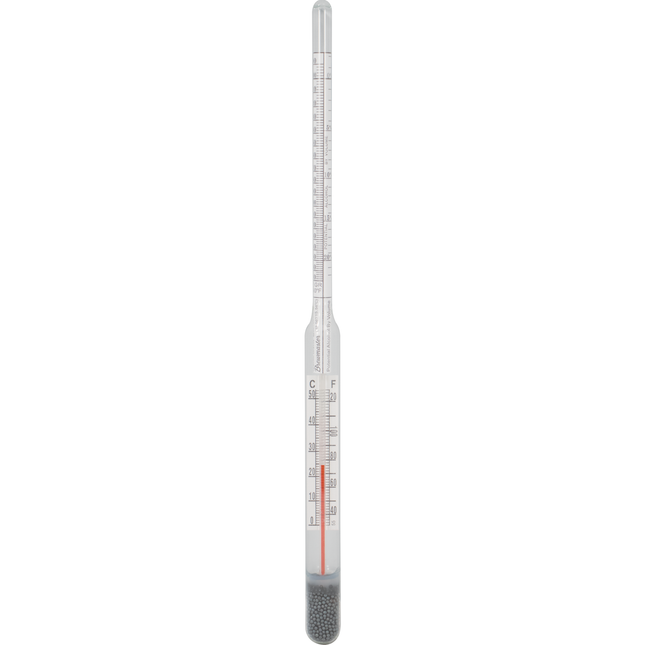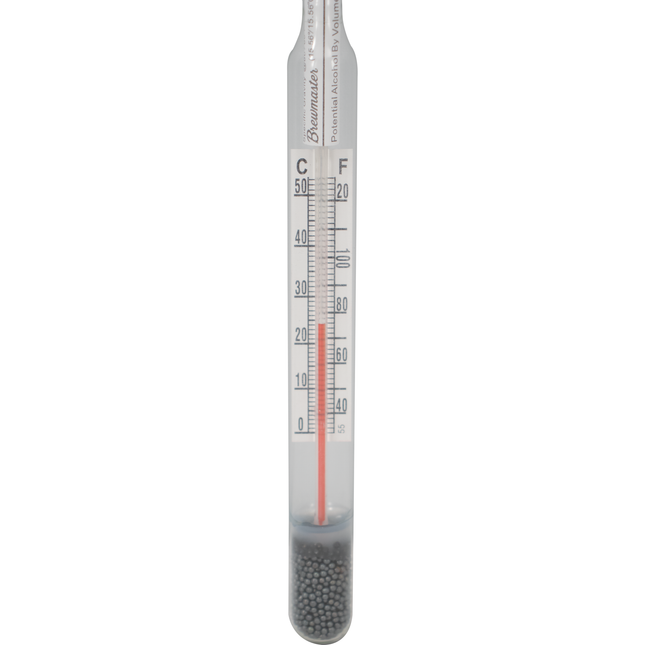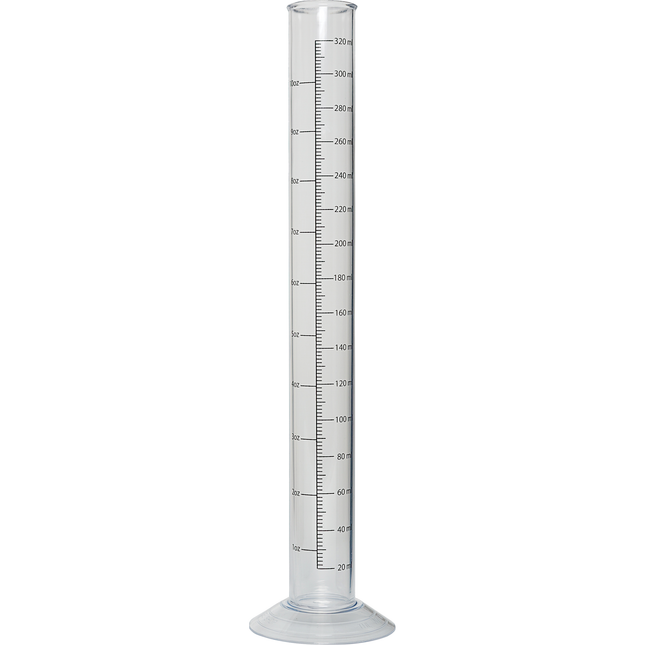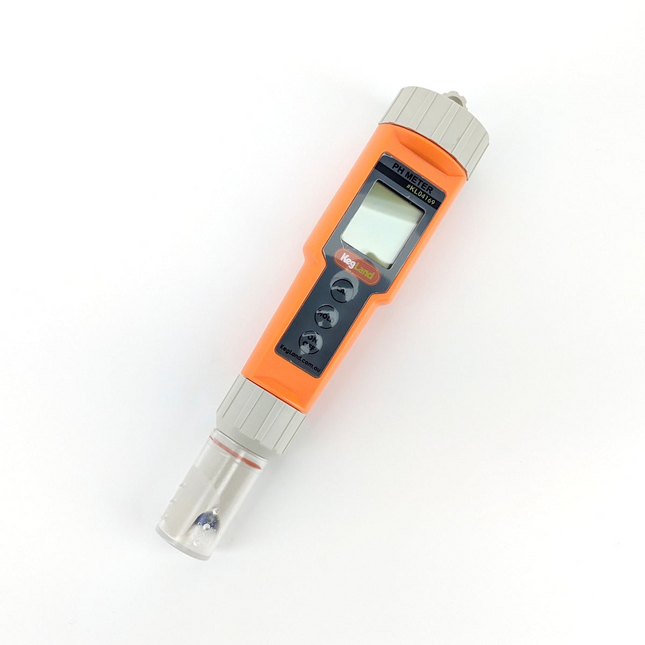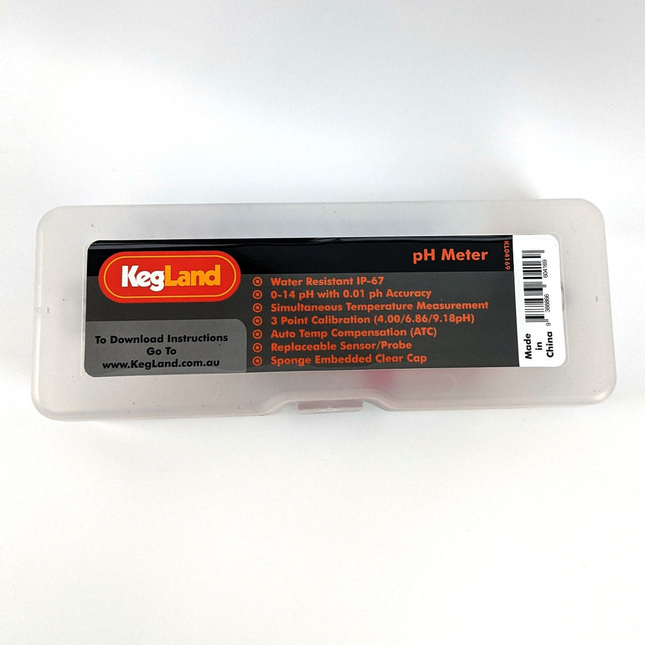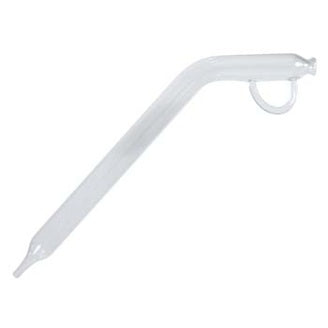Throughout the entire winemaking process it's important to test our wines to make sure they are healthy and are progressing as we would like. MoreWine! highly recommends testing wine for the following:
- TA testing measures the amount of total acids in the wine or must.
- pH testing gives you an idea of how the wines acidity will be perceived when we drink it. A pH measurement is done using a special meter that measures the relative balance of the acidity as it relates to the buffers (mostly Potassium) naturally found in a wine or must.
- Sugar testing is done to measure the amount of sugar in a wine or must. This amount is important to know because wines that contain residual sugar (not "dry") need to be stabilized before being bottled or you may have spoilage and re-fermentation problems later in the wines' life.
- SO2 testing is a critical tool to being able to properly protect your wine from oxidation and spoilage organisms. SO2 levels should be properly maintained throughout the entire ageing period right up until the wine is bottled. (Complete information on SO2 management can be found in our SO2 Management Paper!)
- Malolactic Chromatography testing is used to monitor the completion (or presence of) of malolactic fermentation in the wine. Any wine that has residual malic acid is considered unstable and will need to be stabilized correctly before being bottled or you run the risk of possible renewed fermentation after the wine is in the bottle which spoils the wine.
- Temperature testing is important at all stages of winemaking: from helping make sure fermentation temperatures don't get too hot, to maintaining the recommended ageing/storage temperatures that will ensure the best development of your wine!
Complete information on testing wine can be found in our Red Winemaking manual, our White Winemaking Manual and in the MoreWine! MoreManuals section of our website!

